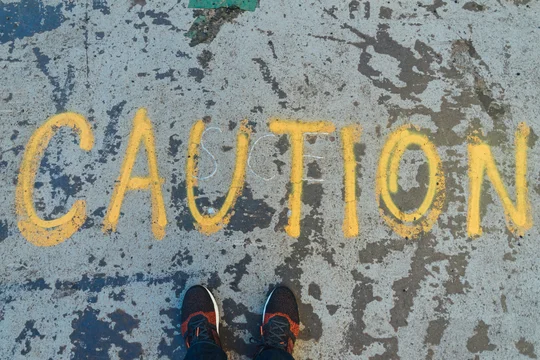
The District of Delaware's Default Standard for Discovery requires contentions in patent cases.
One common Delaware counsel question is: what level of detail is required for contentions?
The answer varies on what the concern is. There is a certain level of detail that will probably preclude the Court from ordering you to supplement your contentions—but providing just that bare level of detail may not be enough to preserve all arguments that you later want to make.
On Monday, Judge Burke denied a motion to strike invalidity contentions where a party had disclosed an obviousness theory as to a patent based on modification of a prior art reference, but had not disclosed their intent to cite and rely on their own product as evidence that the modification was obvious.
The plaintiff had moved to strike the discussion of the defendants' own product from their expert reports, on the theory that their contentions failed to to disclose their intent to use that product in their obviousness analysis. Judge Burke denied the motion, and explained that a party need not disclose all evidence in support of its contentions:
Although this is a difficult issue, the Court is not prepared to say that Defendants' actions amounted to an untimely disclosure. This is because Defendants have affirmatively represented that they are not relying on the direct aortic Engager system as prior art itself; instead, they rely on it only as a piece of evidence that will be used to "show that a direct aortic version would have been an obvious modification to Engager 3.0 at the relevant time." (D.I. 361 at 2) In other words, Defendants are relying on the system simply as evidence in support of a theory that was itself timely disclosed. And as Defendants note, courts generally hold that: (a) in validity-related or infringement-related contentions, a party is not required to cite to every piece of evidence that will be used to support a given theory; and (b) it is proper for an expert to expand upon such theories in his expert report. . . . The Court also notes that it is not as if Plaintiff had zero prior knowledge of the existence of the [Defendants'] system. As Defendants point out, they produced documents in discovery regarding this system, and their engineers testified at some length about the device during depositions. . . . (4) In light of the above, the Court cannot say that Defendants' conduct amounts to untimely disclosure that should be stricken.
Speyside Medical, LLC v. Medtronic CoreValve LLC, C.A. No. 20-361, D.I. 447 (D. Del. Dec. 18, 2023).
In my view, the Court is not saying that no evidence at all needs to be disclosed in support of the contentions—just that this particular evidence went beyond what was necessary, under the facts of the case.
In fact, the Court seemed uncomfortable with the defendants' actions here. It ordered that plaintiff can take additional discovery on the system if needed:
Despite this conclusion, the Court notes that it is sympathetic to Plaintiff's position. This is because: (a) [Defendants' system] seems like a particularly important piece of evidence as to Defendants' invalidity theory; and (b) it is a piece of evidence that Defendants knew about from the time this case was filed (since it was their own system). And even if Plaintiff did know about the existence of this system during discovery, Plaintiff might well have approached discovery a bit differently if it knew that Defendants would be citing to that system in support of their invalidity theory. For these reasons, it seems only equitable that, between now and trial, if there is further focused discovery that Plaintiff thinks it needs to take as to the system, it should be able to do so. The parties should further meet and confer on this subject and attempt to come to an agreed-upon plan for such discovery (if sought by Plaintiff).
Id. Still, I imagine this will be a useful holding going forward when parties argue about waiver for failure to disclose material in contentions.
If you enjoyed this post, consider subscribing to receive free e-mail updates about new posts.



